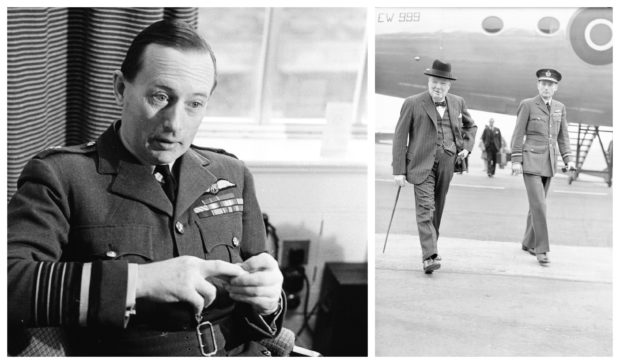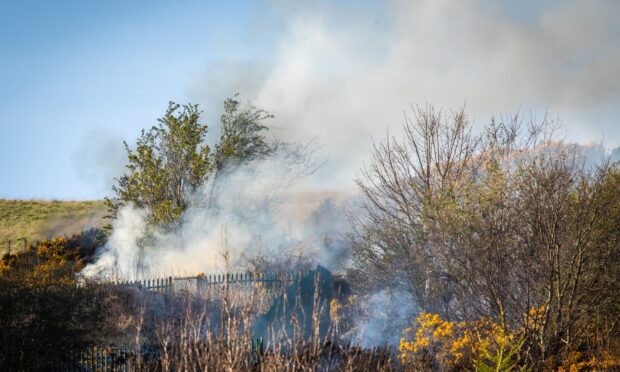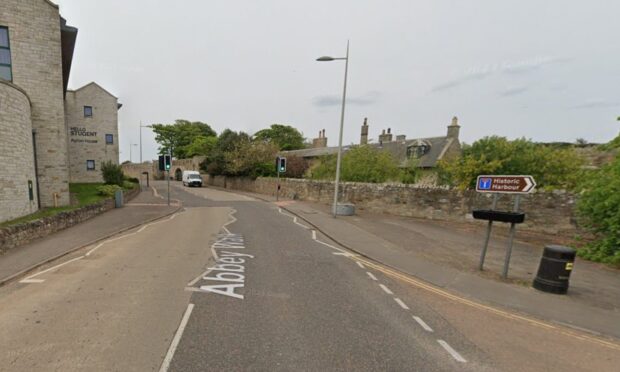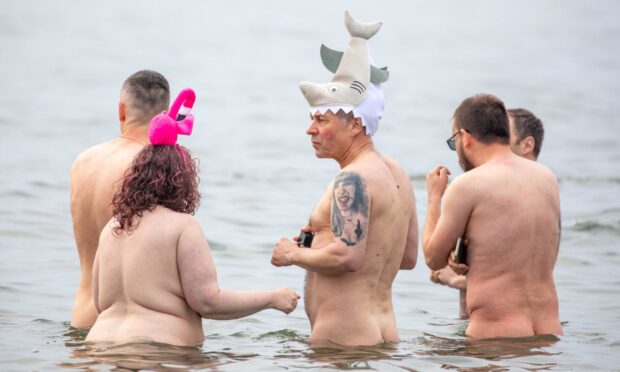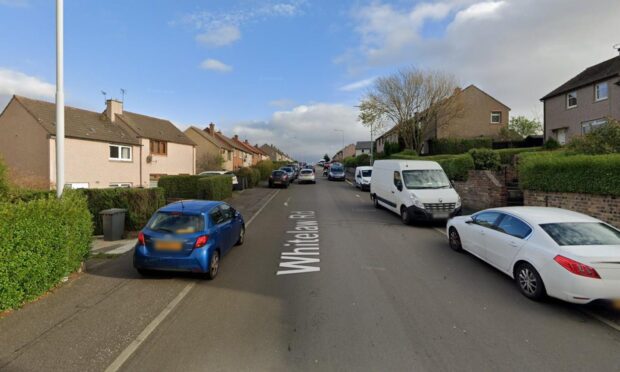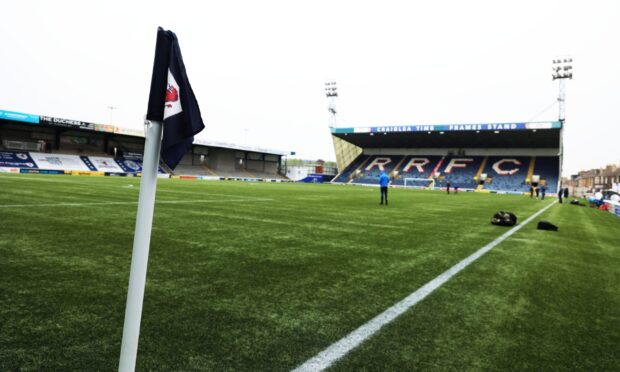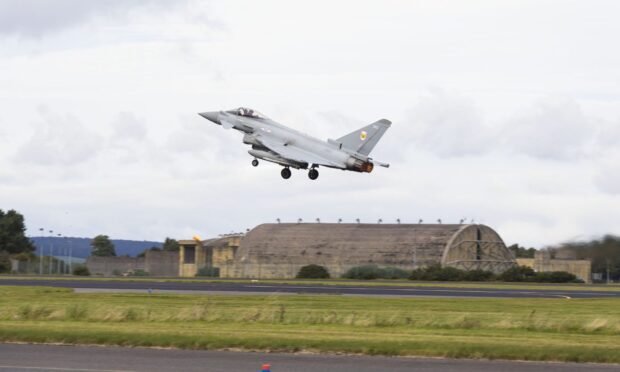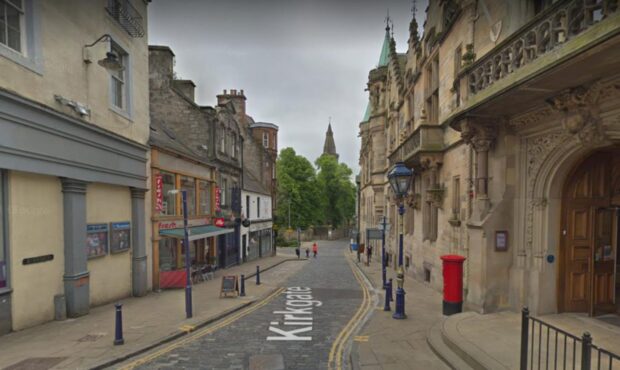Medals belonging to the Fife-born mastermind of The Dam Busters raid have sold at auction for more than £20,000.
A private collector snapped up the highly important Great War Airships Air Force Cross group of 10, awarded to Air Chief Marshal The Honourable Sir Ralph “Cocky” Cochrane.
They had been described as one of the highlights of the sale of orders, decorations, medals and militaria organised by specialist auctioneers Dix Noonan Webb in London on Wednesday.
One of more than 800 lots to go under the hammer, the group was expected to sell for between £6,000 and £8,000.
The anonymous buyer bid £17,000 for the collection and the inclusion of a buyer’s premium took the total paid to £20,400.
Mark Quayle, specialist and associate director at Dix Noonan Webb, said: “We were delighted to be offering this group and were pleased that it sold to a UK private collector for £20,400 against the estimate of £6,000 to £8,000.
>> Keep up to date with the latest news with The Courier newsletter
“Given the importance of Air Chief Marshal The Honourable Sir Ralph ‘Cocky’ Cochrane’s career, we knew that this particular group would appeal to all types of collectors.”
Born in Springfield, near Cupar, in 1895, Cochrane was the youngest son of Thomas Cochrane, 1st Baron of Cults.
He worked with bouncing bomb inventor Barnes Wallis during the First World War, flying his experimental airships and testing the world’s first airship mooring mast.
He went on to plan some of the most important air operations of the Second World War, including Operation Chastise – better known as the Dams Raid – in 1943.
Depicted in the 1955 film The Dam Busters, it used Wallis’s water-skipping-mines to bomb German dams which caused reservoirs to flood, badly affecting the country’s infrastructure.
Cochrane also masterminded the eventual sinking of the German battleship Tirpitz in 1944.
Also included in the sale was an “excessively rare” Boer War Conspicuous Service Cross pair awarded to Midshipman T.F.J. Livesy-Wardle, of the Royal Navy, for his gallantry at the Battle of Graspan in 1900.
It was one of only eight ever to be awarded and sold for £26,000.
